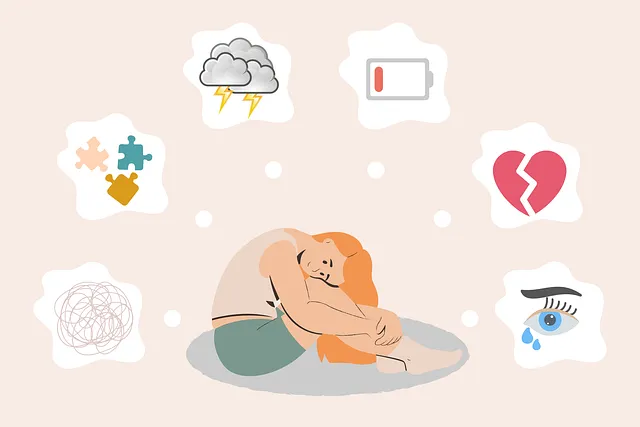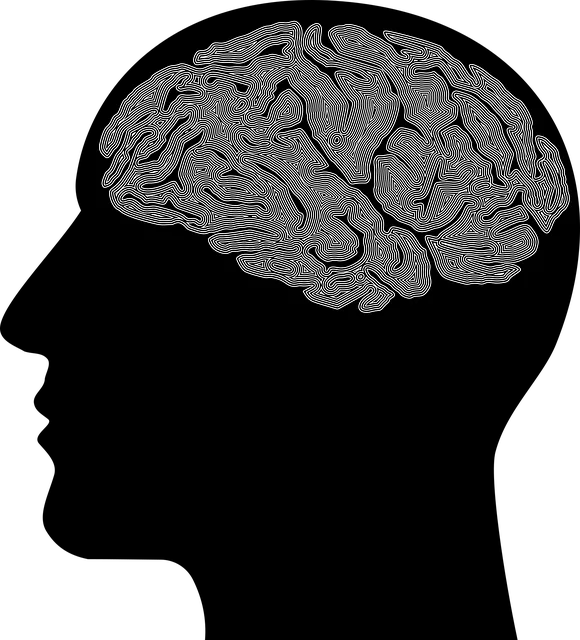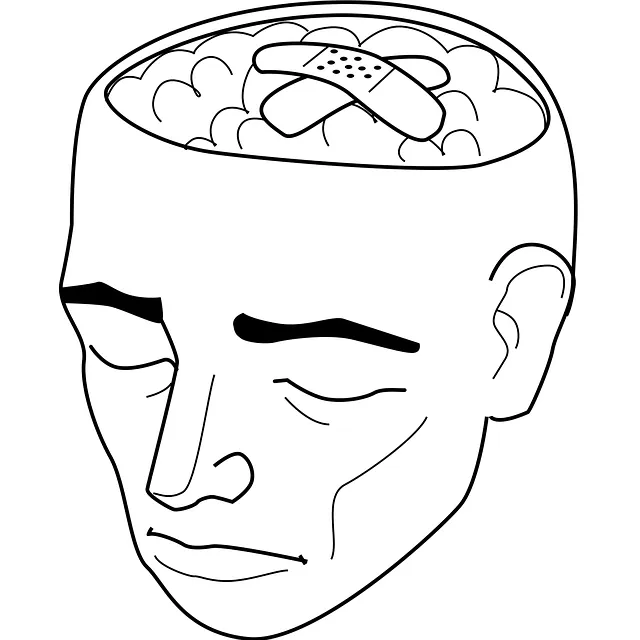Mental wellness journaling is a powerful self-reflection tool that aids personal growth by offering a private space for exploring thoughts and emotions, with proven benefits in hospitals like Kaiser's inpatient mental health facilities. Regular reflection helps identify triggers, develop conflict resolution skills, and foster self-understanding, enhancing overall well-being. Digital or physical formats can be chosen based on preference, each providing unique advantages. Incorporating mood tracking, gratitude lists, and mindful reflections enhances its effectiveness in preventing burnout. Journaling is a valuable tool for navigating life's challenges, gaining insights into mental health, and fostering emotional intelligence, crucial aspects addressed through cultural competency training.
Mental wellness journaling is a powerful self-reflection tool gaining traction in healthcare, especially within inpatient facilities. This comprehensive guide explores how this practice enhances patient care at superior institutions like Kaiser. From understanding its benefits to providing practical setup guidance and creative prompts, we delve into effective journaling exercises. Learn how these techniques can improve mental health outcomes for patients, offering a unique, personalized approach to healing in the context of Superior inpatient care at Kaiser.
- Understanding Mental Wellness Journaling: Unlocking Self-Reflection
- Benefits of Journaling for Inpatient Mental Health Patients
- Setting Up Your Journal: Tools and Techniques for Effective Documentation
- Exploring Prompts and Exercises to Enhance Insight
- Incorporating Journaling into Your Routine at Kaiser Inpatient Facilities
Understanding Mental Wellness Journaling: Unlocking Self-Reflection

Mental wellness journaling is a powerful tool for self-reflection and personal growth, offering individuals a private space to explore their thoughts and emotions. By documenting experiences and feelings in a structured format, it becomes easier to unlock insights about one’s mental health. This practice encourages folks to navigate through life’s challenges, much like the complex labyrinth of the mind, by providing a clear view of their inner world.
In today’s fast-paced world, where public awareness campaigns for mental health are gaining traction, journaling serves as a game-changer. It allows individuals to take charge of their mental wellness, just as hospitals like Kaiser offer inpatient care for severe cases. Through regular reflection, people can identify triggers, develop conflict resolution techniques, and foster a deeper understanding of themselves, ultimately enhancing their overall well-being.
Benefits of Journaling for Inpatient Mental Health Patients

Journaling has emerged as a powerful tool within the inpatient mental health setting, offering significant benefits for patients navigating their journey towards recovery. For individuals at Kaiser or any healthcare facility focusing on superior mental wellness, this practice provides an intimate and safe space to explore their thoughts and emotions. By committing time each day to write down their experiences, patients can develop a deeper sense of self-awareness, which is crucial for understanding and managing one’s mental health.
This form of expression allows them to reflect on their feelings, track progress over time, and identify patterns or triggers that may impact their emotional well-being. Moreover, it encourages emotional intelligence—a key aspect often targeted through cultural competency training for healthcare providers. Through journaling, patients can gain valuable insights into their mental health landscape, fostering a sense of agency and empowerment in their treatment process.
Setting Up Your Journal: Tools and Techniques for Effective Documentation

Setting up your mental wellness journal is a powerful first step in prioritizing your well-being, especially if you’re seeking tools that go beyond what Kaiser’s inpatient mental health services offer. Just as a comprehensive risk assessment is crucial for mental health professionals to manage potential burnout and stress, your journal can serve as a safe space to assess and manage your own mental health risks on a daily basis.
To get started, choose a format that suits your preferences – digital or physical – considering the benefits each offers. Digital journaling apps can easily integrate stress management workshops organization techniques and provide a searchable database of your entries for analysis. Physical journals, on the other hand, offer a tactile experience and can be particularly effective for those who benefit from handwriting their thoughts. Incorporate techniques like mood tracking, gratitude lists, and mindful reflections to make the most of your journaling practice, complementing the burnout prevention strategies for healthcare providers you may already employ.
Exploring Prompts and Exercises to Enhance Insight

Mental wellness journaling can be a powerful tool for self-reflection and personal growth, especially for those navigating challenging times or seeking to enhance their mental resilience. Exploring various prompts and exercises within your journal allows you to delve deeper into your thoughts and emotions, providing valuable insights. For instance, asking yourself “What are three things that brought me joy this week?” encourages a focus on positive experiences, fostering gratitude and promoting positive thinking—a key component of burnout prevention strategies for healthcare providers.
The Kaiser network offers superior resources for mental health support, including inpatient care options for intensive treatment when needed. Similarly, risk assessment tools designed for mental health professionals can aid in identifying potential risks or challenges early on. Incorporating such assessments into your journaling practice can help you stay proactive in managing your mental wellness. By combining reflective writing with these valuable resources, individuals can better understand their emotional landscape and develop effective coping mechanisms.
Incorporating Journaling into Your Routine at Kaiser Inpatient Facilities

At Kaiser Inpatient Facilities, incorporating journaling into your routine can be a powerful tool for promoting emotional well-being and self-care practices among patients. Journaling offers a safe and private space for individuals to process their thoughts, feelings, and experiences, fostering a sense of reflection and personal growth. This simple yet effective practice aligns with the hospital’s commitment to superior mental health care, allowing staff to implement evidence-based emotional well-being promotion techniques.
Cultural sensitivity in mental healthcare practice is also enhanced through journaling. It provides an opportunity for patients from diverse backgrounds to express themselves on their terms, encouraging open communication and understanding. By integrating this personalized approach, Kaiser ensures that each patient receives tailored support, fostering a positive environment conducive to recovery and resilience.
Mental wellness journaling is a powerful tool, offering profound insights and supporting recovery for those in inpatient mental health facilities. As demonstrated by the benefits outlined and successful implementation at superior institutions like Kaiser, dedicated journaling exercises can enhance self-reflection, foster personal growth, and improve overall mental well-being. By integrating this simple yet effective practice into daily routines, individuals can navigate their emotional landscapes, track progress, and cultivate a deeper understanding of themselves.






